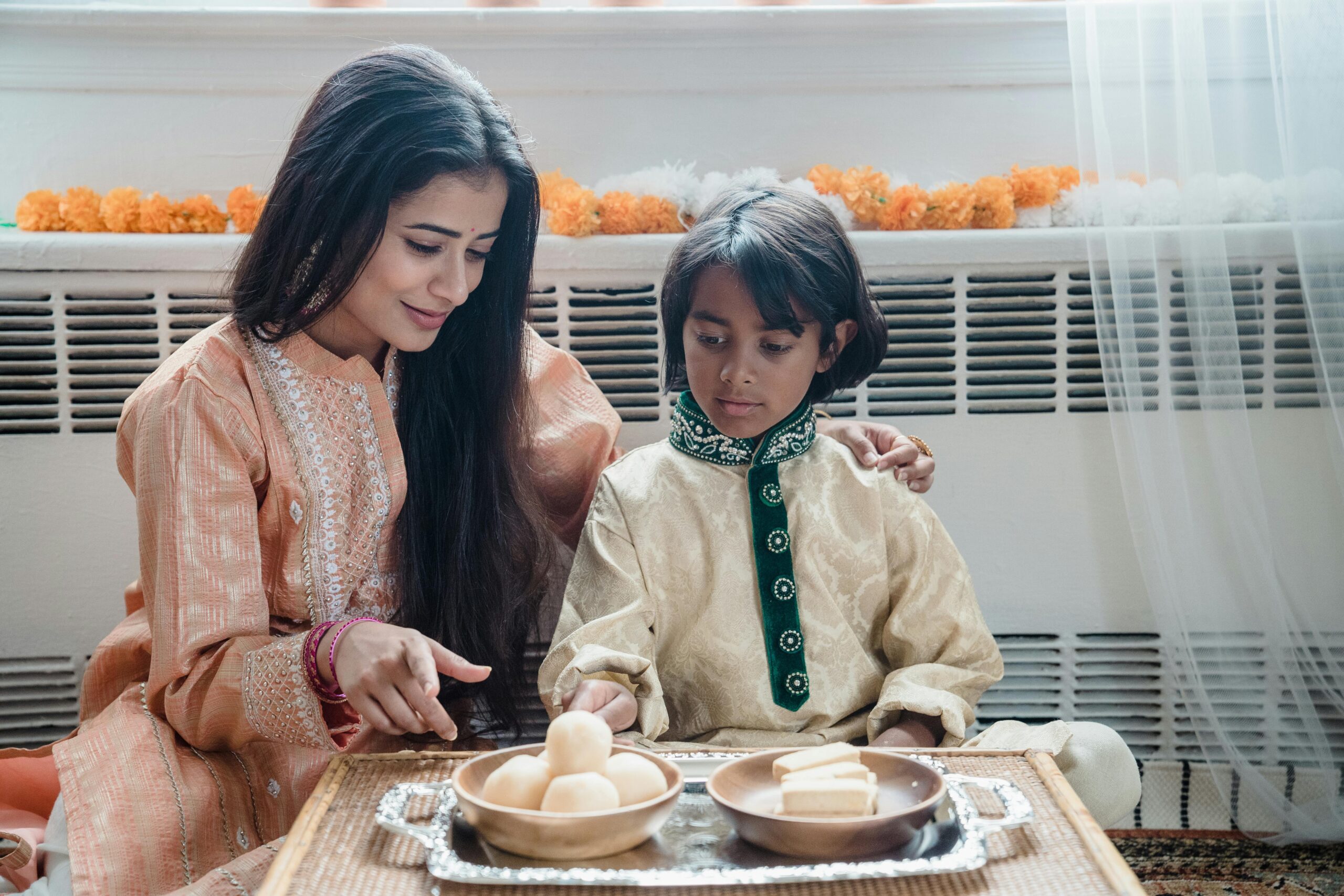Parenting is a universal experience, yet it varies significantly across cultures. For Indian parents, the journey often involves balancing traditional expectations with contemporary realities.
India’s rich cultural heritage places a strong emphasis on family values, academic excellence, and societal roles. However, the increasing influence of globalization has introduced new perspectives, leaving many parents navigating a complex web of expectations.
The Weight of Tradition
Indian culture is deeply rooted in tradition, where the family unit plays a central role. Respect for elders, strong family bonds, and a focus on education are values passed down through generations. Parents are often seen as custodians of these traditions, responsible for ensuring their children uphold cultural values.
For instance, many Indian parents prioritize their children’s academic achievements, viewing education as a pathway to success and social mobility. Similarly, traditions like arranged marriages or adherence to religious customs can create specific expectations about how children should lead their lives.
While these values provide a strong foundation, they can sometimes clash with modern perspectives, leading to tensions between generations.
Challenges in a Globalized World
The rise of globalization has introduced new ideas and lifestyles, particularly among urban Indian families. Exposure to Western education systems, digital media, and diverse career opportunities has broadened horizons for both parents and children. This shift often results in conflicting expectations.
For example, a parent might want their child to pursue a stable career in medicine or engineering, reflecting traditional priorities. However, the child might aspire to a career in arts, sports, or entrepreneurship. Similarly, attitudes towards dating, gender roles, and personal independence can vary greatly between generations.
This clash of cultural expectations can create stress for both parents and children. Parents may feel they are losing their cultural identity, while children may feel constrained by outdated norms.
Strategies for Balancing Expectations
Navigating these challenges requires a thoughtful approach. Here are some strategies Indian parents can adopt to manage cultural expectations effectively:
1. Open Communication
Encouraging open and honest communication is key. Create a safe space where your child feels comfortable expressing their thoughts and aspirations. Listen actively and try to understand their perspective, even if it differs from your own. This approach not only strengthens your bond but also helps in finding common ground.
2. Educate Yourself
Stay informed about contemporary trends, educational pathways, and career opportunities. Understanding the world your child is growing up in can help you align your expectations with their realities. For instance, learning about non-traditional career paths can broaden your perspective and help you support your child’s ambitions.
3. Emphasize Core Values
While it’s essential to adapt to changing times, focus on instilling core values that transcend cultural shifts. Integrity, empathy, and respect are universal values that can guide your child through any cultural context. Teach them to appreciate their heritage while also being open to new ideas.
4. Foster Independence
Encourage your child to make their own decisions and learn from their experiences. This not only builds their confidence but also shows that you trust their judgment. While guidance is important, striking a balance between support and autonomy can empower your child to navigate life’s complexities.
5. Seek Support
Parenting is a journey that doesn’t have to be taken alone. Connect with other parents, join community groups, or seek professional advice if needed. Sharing experiences and learning from others can provide valuable insights and reduce feelings of isolation.
Navigating Specific Scenarios
Education and Career Choices
Many Indian parents place a premium on academic excellence and conventional careers. However, today’s world offers diverse opportunities that were unheard of a generation ago. If your child expresses interest in an unconventional field, take the time to explore its potential. Discuss their long-term goals and the steps needed to achieve them. Supporting their passion can lead to greater success and satisfaction than pushing them into a field they’re not interested in.
Relationships and Marriage
Topics like dating and marriage can be particularly sensitive, given the cultural significance of family involvement in these areas. While arranged marriages remain prevalent, attitudes are gradually shifting. It’s important to respect your child’s choices while sharing your perspective. Engaging in open dialogue can help bridge the gap between tradition and individual preferences.
Gender Roles
Traditional gender roles are evolving, with more emphasis on equality and shared responsibilities. Encourage your children to challenge stereotypes and pursue their interests, regardless of societal expectations. This can empower them to grow into confident and independent individuals.
Celebrating Cultural Identity
While adapting to change, it’s equally important to celebrate your cultural heritage. Here are some ways to help your child appreciate their roots:
- Festivals and Traditions: Involve your child in cultural celebrations and rituals. Explain their significance to foster a deeper understanding and connection.
- Language and Literature: Encourage your child to learn your native language and explore traditional literature. This can be a powerful way to stay connected to your heritage.
- Stories and History: Share stories about your family’s history and cultural milestones. This not only strengthens family bonds but also helps your child develop a sense of identity.
The Role of Self-Care
Parenting in a culturally complex environment can be emotionally taxing. Prioritize your own well-being to ensure you’re equipped to handle challenges effectively. Engage in activities that bring you joy, practice mindfulness, and seek support when needed. A healthy, balanced parent is better able to provide guidance and support to their child.
Conclusion
Managing cultural expectations as an Indian parent is a delicate balancing act. By embracing open communication, staying informed, and focusing on core values, you can navigate this journey with confidence.
Always remember that your role as a parent is not just to pass on traditions but also to prepare your child for a world that is constantly evolving. Striking this balance allows you to honor your heritage while empowering your child to thrive in their unique journey.



